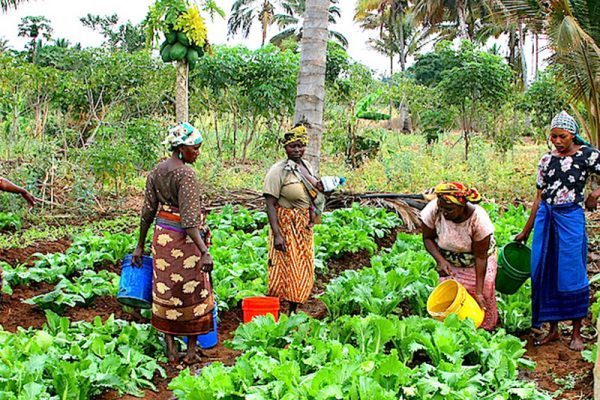When Oluwayimika Angel Adelaja-Kuye started Nigeria’s first vertical farming company she already had years of experience advising governments under her belt – yet as a woman, she still struggled to be taken seriously.
“In the beginning, even my staff, when they first come on board, are more likely to listen to my husband before me,” said the founder of Fresh Direct Nigeria, which grows vegetables hydroponically – farming in water instead of soil.
“These challenges make you hungrier,” she told the Thomson Reuters Foundation.
Women make up nearly half the global workforce in farming, but many say their contribution has long gone unrecognised, particularly in developing countries.
Adelaja-Kuye is among a small but growing group of women entrepreneurs who are helping to change that, many using new technologies to produce food in more sustainable ways.
The 35-year-old, who started farming in the heart of the Nigerian capital Abuja in 2015 and uses shipping containers, said she wanted to support those who did not conform to the stereotype of the poor, uneducated subsistence farmer.
Four of the six staff at her farm are young women who previously worked as household help.
“I want young people to see agriculture as a solution for them, one that makes good money,” she said. “If I’m changing the narrative of who a farmer is, I’m happy with that.”
She has that in common with Awa Caba, a computer scientist who co-founded a platform for Senegalese women farmers to sell their produce online.








